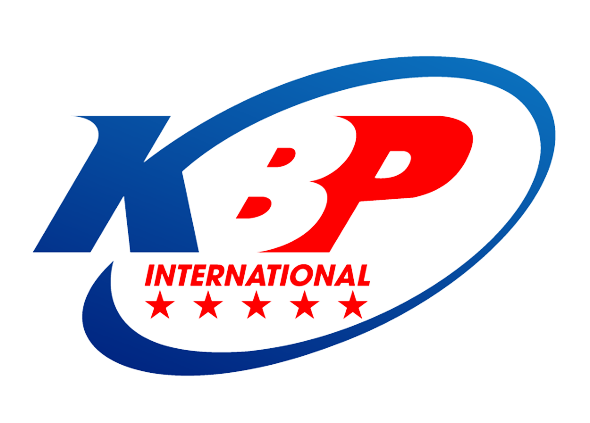It is estimated that every year, one-third of the food produced globally is lost or wasted. Losses occur at every stage of the supply chain, from production and harvesting to processing and distribution.

Furthermore, the production and transportation of food generates greenhouse gases, and discarded food alone accounts for 8% of global greenhouse gas emissions.
In addition, much of the “lost” food is discarded due to aesthetics. Grocery stores in the United States and Europe have strict regulations on cosmetics, resulting in the rejection of products that are completely edible. The answer to the problem of food waste is better management of the supply chains that underpin it. This requires a solution that eliminates complexity with simplicity.
Henry Duckworth, COO of the global food supply chain blockchain solution. The question is, why can this technology prevent 1/3 of all food from going to waste?
Enter blockchain, which has the potential to significantly improve agricultural supply chains, which lack traceability and transparency.
Blockchain technology provides a decentralized and secure database that records every transaction along the supply chain. Real-time tracking imagery and product traceability, with regular updates on each stated leg of the journey.
Blockchain can verify the origin and safety of food
Using blockchain technology, consumers can easily verify the origin and safety of food, while farmers can access important information about market demand and prices. An IBM study found that 71% of consumers who feel traceability is important said they would pay brands to provide this service.
Blockchain technology can streamline and automate processes in the supply chain, allowing the bill of lading to become an electronic or smart contract to ensure acceptance. Many goods will end up on the table being consumed, not rotting on the docks while officials and companies debate specifications.
Smart contracts also eliminate paper waste. Over the past 20 years, consumers have seen a real increase in paper usage and loading. In the age of the cloud and email, the agricultural supply chain must meet the information age.
Imagine transferring documents, receiving goods, clearing exports and settling payments, all while incurring limited and paperless transaction fees. This is a possible solution.
Then there’s the world of digital marketplaces built on their own blockchains. This is where prices are updated along with many group bidding services. All this while linking farmers to end buyers and using IoT trackers to categorize food fraud and food waste. At AgriDex, the supplier has spent the past four years working towards a global blockchain that provides digital marketplaces and supply chain information to all participants in the global food chain.
The ultimate goal is efficient supply chain management, by traceability of food from farm to consumer. This includes reducing food losses, through:
•Provide information on food supply and demand;
• Helping farmers more accurately predict and respond to consumer demand
• Reduce excess or unsold food.
Considered as the pillar of future technology industries, blockchain technology is opening up many opportunities for practical applications, creating a vibrant wave of startups and innovation in Vietnam…
Waste is a global problem
Food waste is estimated to cause economic losses of about $100 billion. Specifically, according to statistics, every year 1.3 billion tons of food is wasted worldwide. This amount of food is enough to feed people on three continents: Africa, America and Europe for a year.

The causes of waste vary from region to region. In developing countries, waste mainly occurs in the production and storage of food, accounting for 54% of the world. This figure in developed countries is 46%. However, developed countries waste food mainly in the process of distribution and consumption.
According to the Food and Agriculture Organization of the United Nations (FAO), about 37% of foods of animal origin and 20% of plant origin are discarded after reaching the consumer. This situation is especially serious in rich countries because food here has a short shelf life and people do not have a spending plan.
On November 9, 2020, more than 70 countries, including the US, China, members of the European Union (EU), countries in the Americas, Africa and Asia, signed commitments to reduce food intake. waste products. This commitment was signed at the Annual Meeting of the Montreal Protocol, taking place at FAO headquarters in Rome, Italy.
Source: https://vlr.vn/








